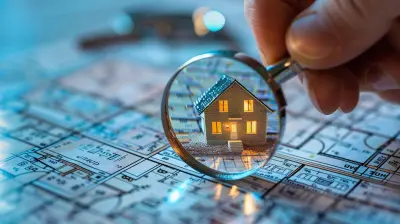How Climate Change Is Affecting Real Estate Values
28 August 2025
The real estate market has always been a rollercoaster, fluctuating with economic trends, supply and demand, and investor confidence. But now, there's a new variable shaking things up—climate change.
Extreme weather patterns, rising sea levels, and unpredictable natural disasters are no longer rare occurrences; they’re becoming an everyday reality. The big question is: How is all of this affecting real estate values? And more importantly, what does it mean for homeowners, investors, and buyers?
Let’s dive into this mystery and uncover the real impact climate change is having on property values. 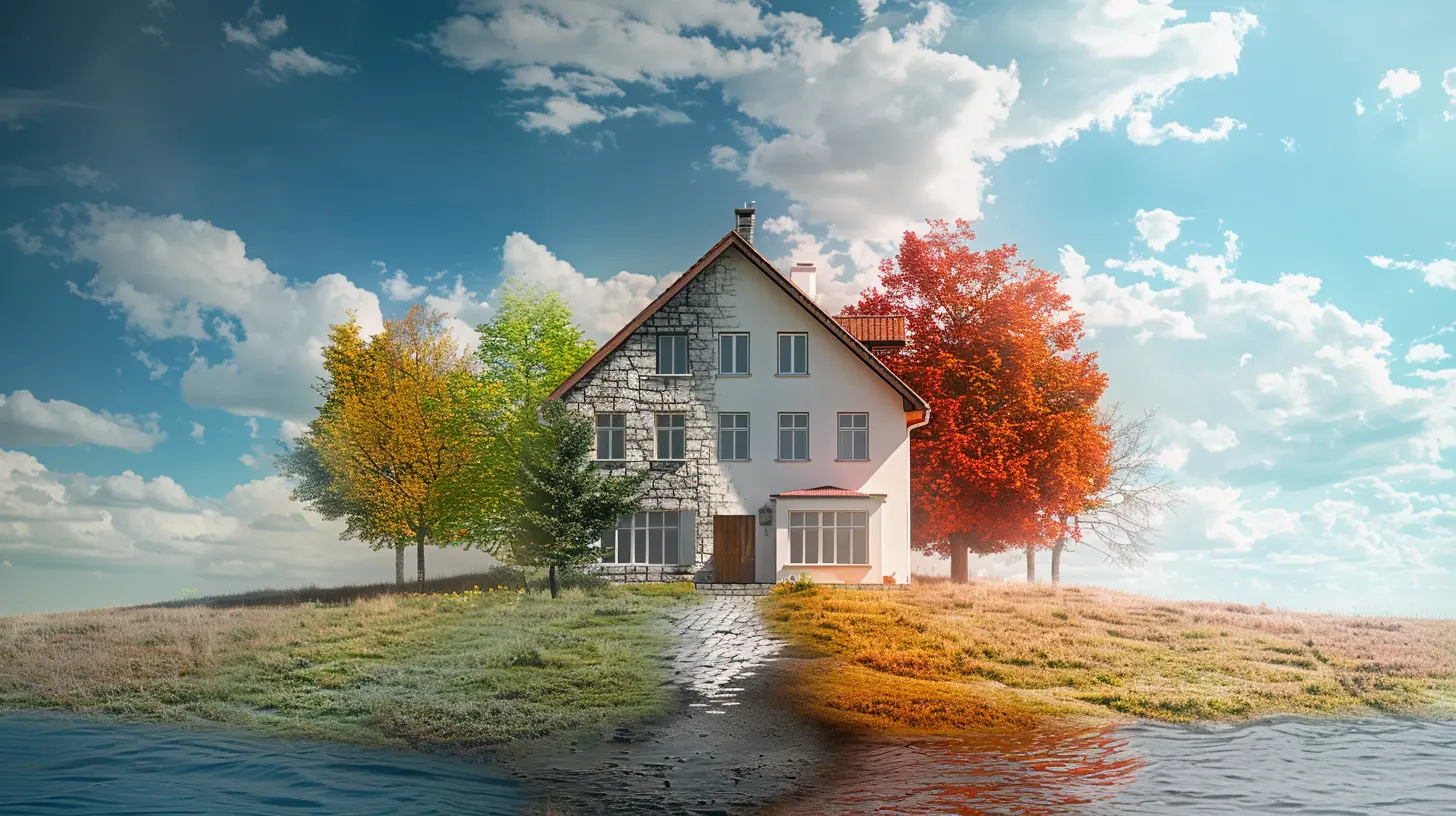
The Silent Threat Lurking Beneath Property Prices
At first glance, you might think property values are only influenced by location, market demand, and interest rates. While those factors still play a role, climate risks are quickly climbing the list of concerns for buyers and investors.The scary part? Many people aren't even aware of how much climate change can devalue their homes—until it’s too late.
Imagine buying your dream waterfront home, only to find out a few years later that rising sea levels have made it unsellable. Or purchasing property in an area that suddenly becomes a wildfire hotspot. These scenarios are becoming reality for many homeowners. 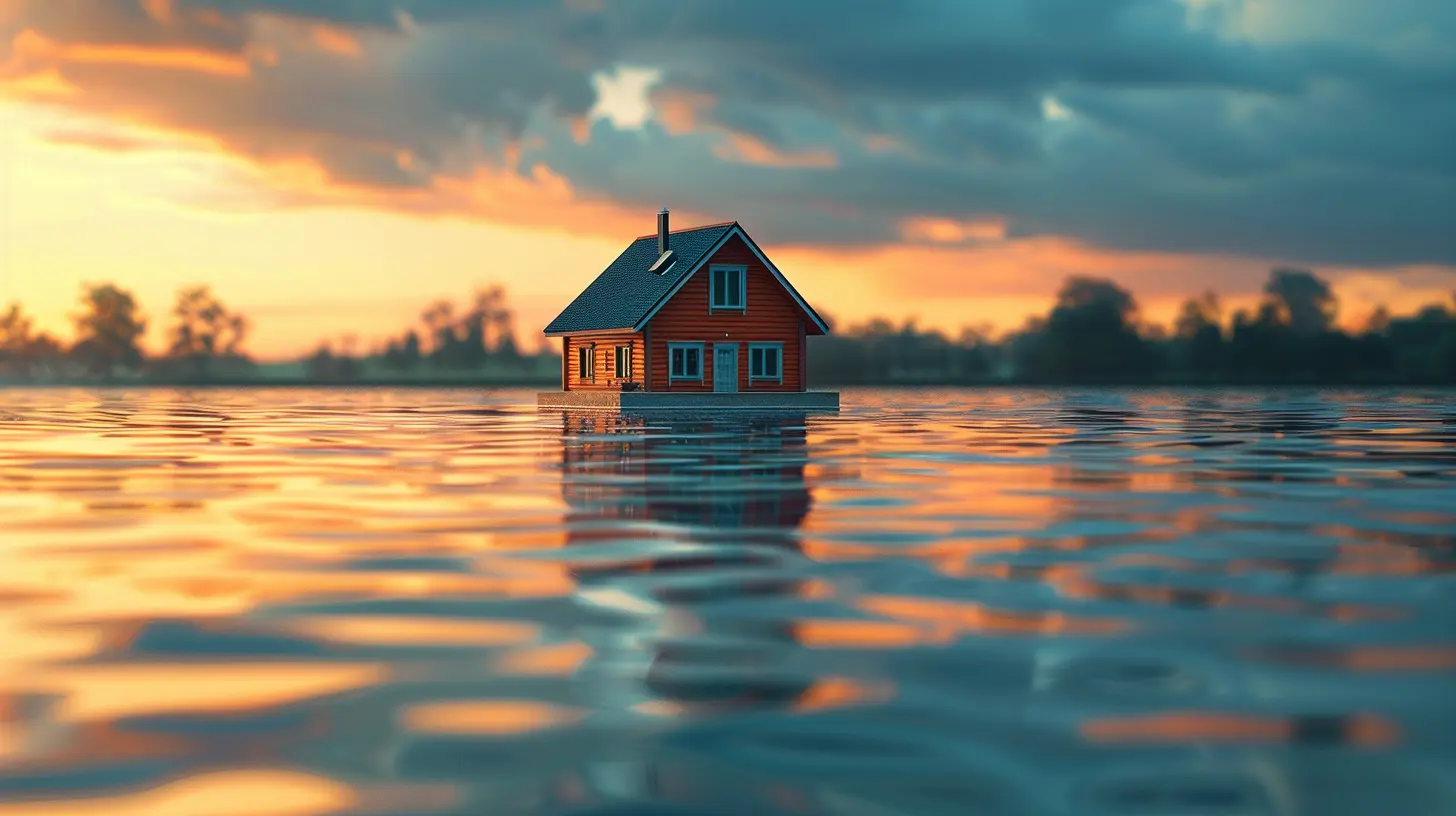
Rising Sea Levels: A Coastal Nightmare
For decades, coastal properties have been seen as prime real estate. Who wouldn’t want an ocean view and direct beach access? But that dream comes with a growing risk—rising sea levels.How Is It Happening?
As global temperatures rise, polar ice caps are melting, and the ocean is expanding. This gradual increase in sea levels means that areas once considered safe are now prone to flooding.The Impact on Property Values
- Homes too close to the shore are losing value.- Insurance premiums for flood-prone areas are skyrocketing.
- Some banks refuse to finance mortgages in high-risk coastal zones.
- Buyers are becoming wary of purchasing beachfront properties.
It’s like buying a car that you know will break down in a few years—you’d think twice, right? That’s exactly how cautious buyers are now viewing high-risk coastal properties. 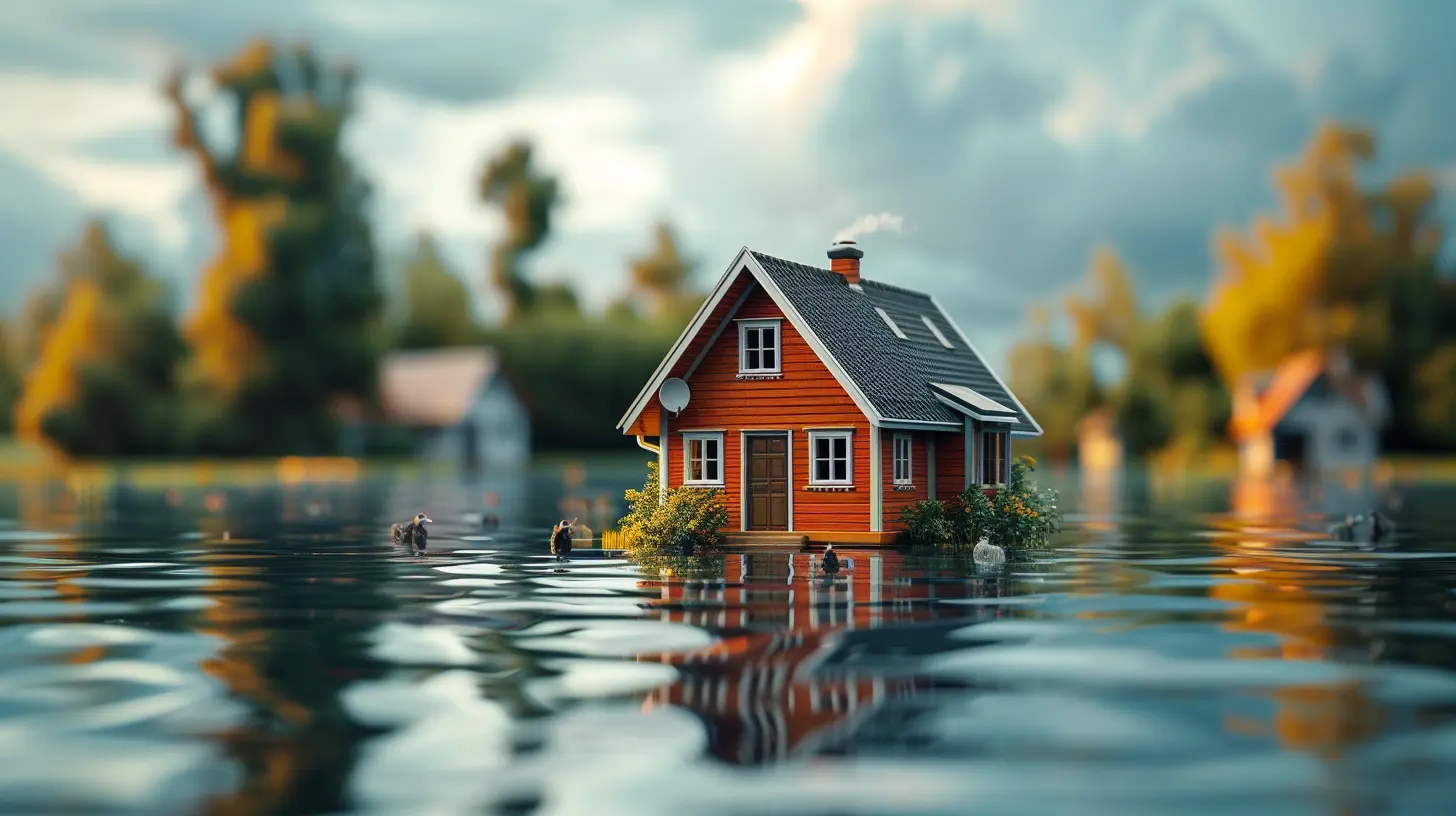
Wildfires: Turning Homes to Ash and Values to Dust
If you’ve been following the news, wildfires have been more intense and widespread than ever. States like California, Oregon, and Colorado are experiencing longer and more destructive fire seasons.Why Are Wildfires Increasing?
Climate change is making the environment hotter and drier, creating the perfect conditions for wildfires to spread rapidly. Combine that with expanding urban development in fire-prone areas, and you've got a recipe for disaster.The Financial Consequences for Homeowners
- Properties in fire-prone zones are seeing declining values.- Home insurance rates in these areas have skyrocketed—or worse, insurers refuse to cover them.
- Some communities have turned into "stranded assets," where properties are unsellable due to the risk.
What used to be a tranquil mountain getaway might now be a financial burden that homeowners can't escape. 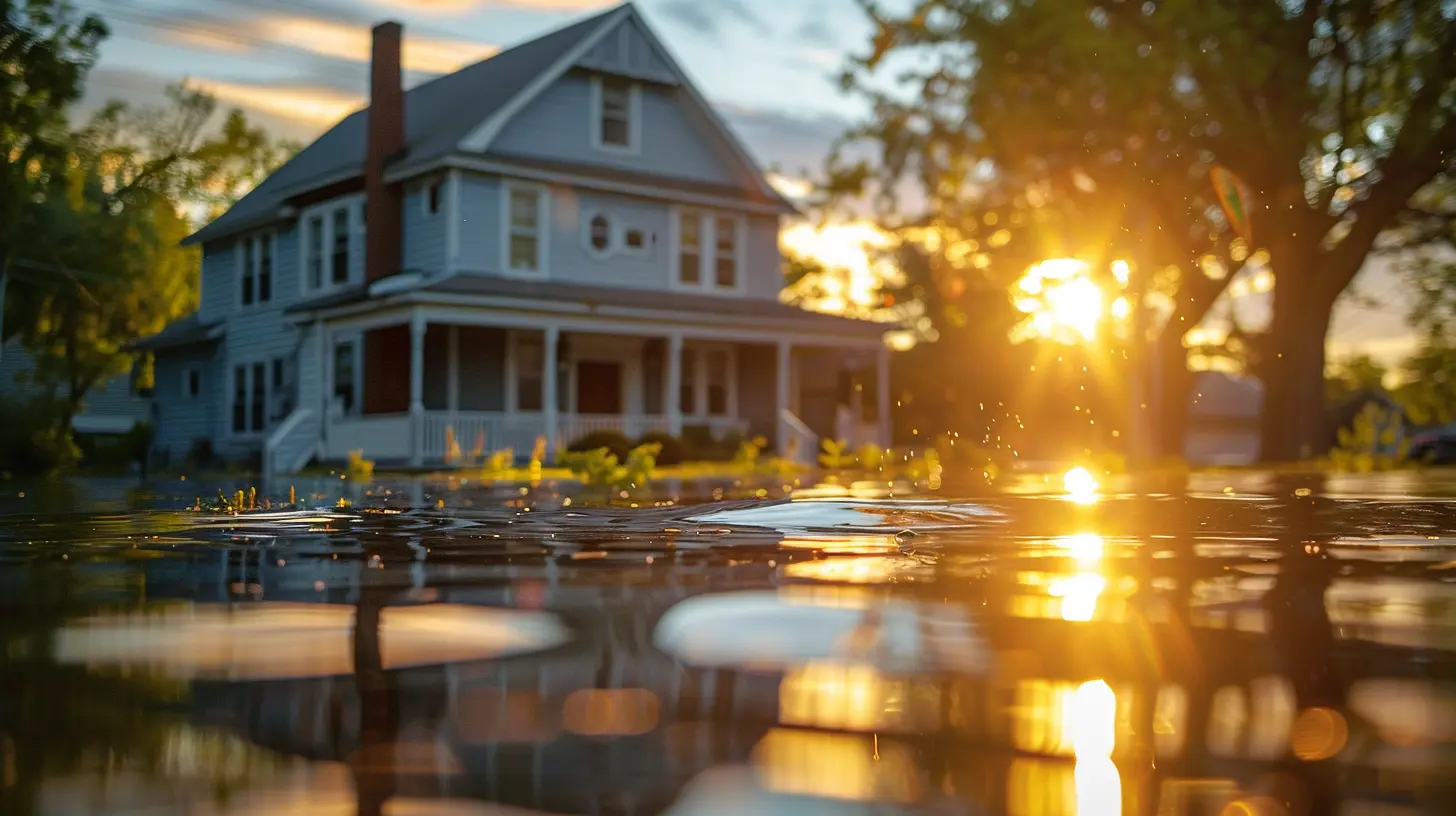
Extreme Weather: Storms, Hurricanes, and Tornadoes
We’ve all seen the devastating images of hurricanes ripping through neighborhoods, floods swallowing entire towns, and tornadoes leaving destruction in their wake. What does this mean for real estate?Increasing Storm Frequency
Climate change is fueling stronger and more frequent storms, making certain regions too risky for long-term property investment.Declining Home Values in High-Risk Regions
- Areas like Florida and the Gulf Coast are seeing fluctuating prices due to hurricane risks.- Buyers are hesitating to invest in homes that require constant repair from storm damage.
- Insurance companies are either increasing premiums or pulling out altogether, making it more expensive to own a home in these locations.
Storm-prone areas are becoming financial gambles that fewer people are willing to take.
Climate Migration: The Great Relocation
Here’s something most people don’t talk about—climate migration. As certain areas become unlivable, people are moving to safer regions.Where Are People Going?
- From coastal cities to inland communities.- Away from wildfire-prone forests into urban centers.
- Leaving flood-prone states in search of drier, more stable climates.
The Ripple Effect on Real Estate
- Areas considered "climate-safe" are seeing a surge in demand, driving up home prices.- Previously high-value areas are facing population declines, leading to real estate slowdowns.
- Investors are shifting focus to properties in regions with less climate risk.
Think of it like musical chairs—when the music (climate stability) stops, people scramble to find a safe place to settle. Those who planned ahead win; those who didn’t are left struggling.
What Can Homeowners and Investors Do?
Not all hope is lost. While climate change is undoubtedly reshaping the real estate market, savvy homeowners and investors can take steps to protect their assets.1. Research Before You Buy
Before purchasing property, check climate risk maps. Look for areas with lower exposure to wildfires, flooding, and extreme weather events.2. Invest in Resilient Infrastructure
If you already own property, consider upgrades:- Elevate homes in flood-prone areas.
- Use fire-resistant materials in wildfire-prone zones.
- Reinforce buildings to withstand extreme storms.
3. Stay Ahead of Insurance Changes
Monitor changes in home insurance policies. If insurers are pulling out of an area, that’s a red flag.4. Diversify Your Real Estate Investments
Instead of putting all your money into one high-risk location, spread your investments across different regions.5. Monitor Government Policies
Some governments are stepping in to address climate-related real estate risks. Stay informed about new zoning laws, building regulations, and financial incentives for green construction.The Verdict: A Changing Market with Uncertain Future
Climate change isn’t just an environmental issue anymore—it’s a financial one, deeply woven into the real estate market. While some areas are suffering losses, others are benefiting from climate migration.The key takeaway? Real estate is no longer just about location; it’s about sustainability and long-term safety. Buyers and investors who fail to consider climate risks might find themselves owning properties that are either devalued or unsellable.
So, whether you're a homeowner, a buyer, or an investor, it’s time to think beyond the traditional real estate playbook. The market is shifting, and those who adapt will thrive while those who ignore the signs may end up drowning—literally and financially.
all images in this post were generated using AI tools
Category:
Housing MarketAuthor:

Kingston Estes
Discussion
rate this article
1 comments
Bria Stewart
Nature's whispers reshape landscapes; climate's touch turns value into fleeting dreams and shifting sands.
September 5, 2025 at 12:04 PM

Kingston Estes
Thank you for your poetic insight! Climate change indeed transforms landscapes and impacts real estate values in profound ways.
